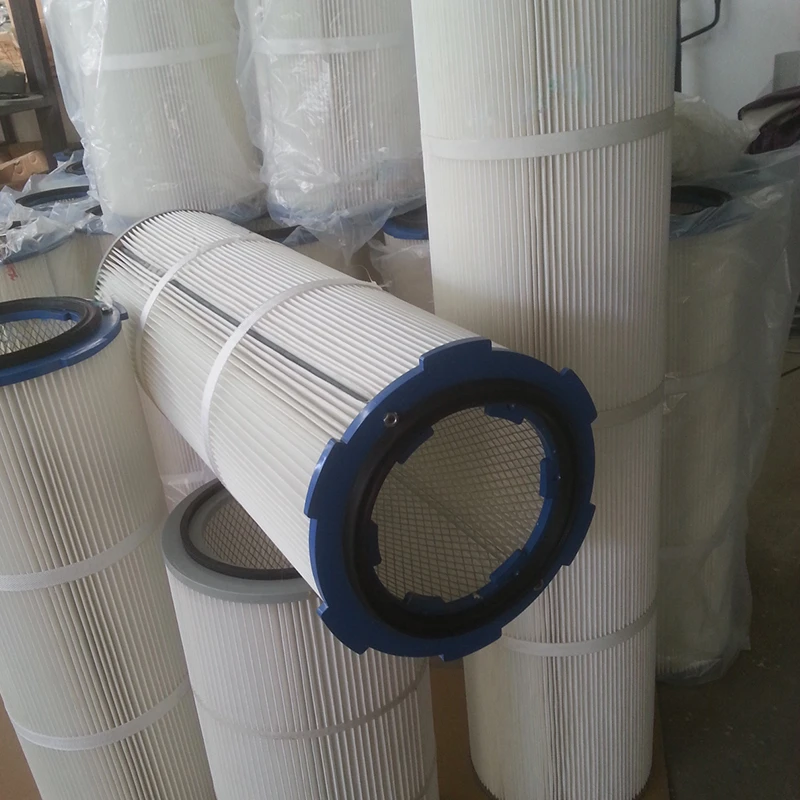 Tel:
+8615930870079
Tel:
+8615930870079
Aug . 17, 2024 11:41 Back to list
Optimizing Air Intake Filters for Turbine Efficiency and Performance Improvement
Understanding Turbine Air Intake Filters Importance and Functionality
Turbine air intake filters play a crucial role in the operation of gas turbine engines, which are widely used in various applications including power generation, aviation, and industrial processes. These filters are designed to purify the air entering the engine, ensuring optimal performance and longevity of the turbine components. This article explores the importance, functionality, and maintenance considerations of turbine air intake filters.
The Importance of Air Intake Filters
Turbine engines are highly sensitive to the quality of the air they ingest. Airborne contaminants such as dust, dirt, and moisture can cause significant damage to turbine components, leading to reduced efficiency, increased wear and tear, and costly repairs. By utilizing air intake filters, operators can effectively minimize the risk of these harmful particles entering the engine.
A clean air supply is essential for maintaining the combustion process within the turbine. Impurities in the air can disrupt the combustion efficiency, resulting in incomplete fuel burning and increased emissions. Furthermore, excessive dirt accumulation can lead to compressor fouling, which diminishes the engine’s performance and may require extensive maintenance to restore its efficiency. Therefore, ensuring that air intake filters are functioning properly is vital for the overall health of gas turbine engines.
Functionality of Turbine Air Intake Filters
Turbine air intake filters employ various technologies to trap and remove contaminants from the air. The most common types of filters include mechanical filters, electrostatic filters, and media filters. Mechanical filters rely on physical barriers to trap larger particles, while electrostatic filters use electrical charges to attract and hold smaller pollutants. Media filters typically consist of layered materials that can capture a broad range of particulate sizes.
turbine air intake filters

The design and efficiency of air intake filters are crucial for their performance. High-efficiency particulate air (HEPA) filters, for example, can remove up to 99.97% of particles that are 0.3 microns in diameter. Such high-performance filters ensure that the air reaching the turbine is as clean as possible, thereby enhancing the operational reliability of the engine.
Maintenance Considerations
While air intake filters are designed for durability, they do require regular maintenance to ensure their continued effectiveness. The frequency of maintenance depends on various factors including the operating environment, the type of filter used, and the manufacturer’s recommendations. Typically, filters should be inspected and cleaned or replaced according to a scheduled maintenance plan.
Dirty or clogged filters can severely restrict airflow to the turbine, resulting in reduced engine performance and efficiency. Operators need to be vigilant in monitoring filter conditions, as signs of reduced performance can include increased fuel consumption, rising exhaust temperatures, and diminished power output. Regular maintenance not only helps in preserving the integrity of the turbine but also reduces downtime and costs associated with unplanned repairs.
Conclusion
Turbine air intake filters are a critical component in ensuring the efficiency and longevity of gas turbine engines. By effectively filtering airborne contaminants, these filters safeguard engine performance, enhance combustion efficiency, and minimize emissions. Regular maintenance of these filters is essential, as it significantly impacts the operational reliability of turbine systems. As industries continue to prioritize efficiency and environmental responsibility, the role of turbine air intake filters will only become more important in the quest for cleaner and more sustainable energy solutions.
-
Nano Fiber Technology: Revolutionizing Cartridge Dust Collector FiltersNewsAug.06,2025
-
How Activated Carbon Air Cartridges Eliminate OdorsNewsAug.06,2025
-
Dust Filter Cartridge Handling Fine Particulate MatterNewsAug.06,2025
-
Cartridge Dust Collector Filter for Welding Fume ExtractionNewsAug.06,2025
-
Activated Carbon Filter Cartridge Effectiveness Against VOCsNewsAug.06,2025
-
Activated Carbon Air Filter Cartridge Benefits ExplainedNewsAug.06,2025

 Email:
Email:





